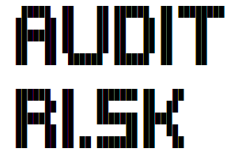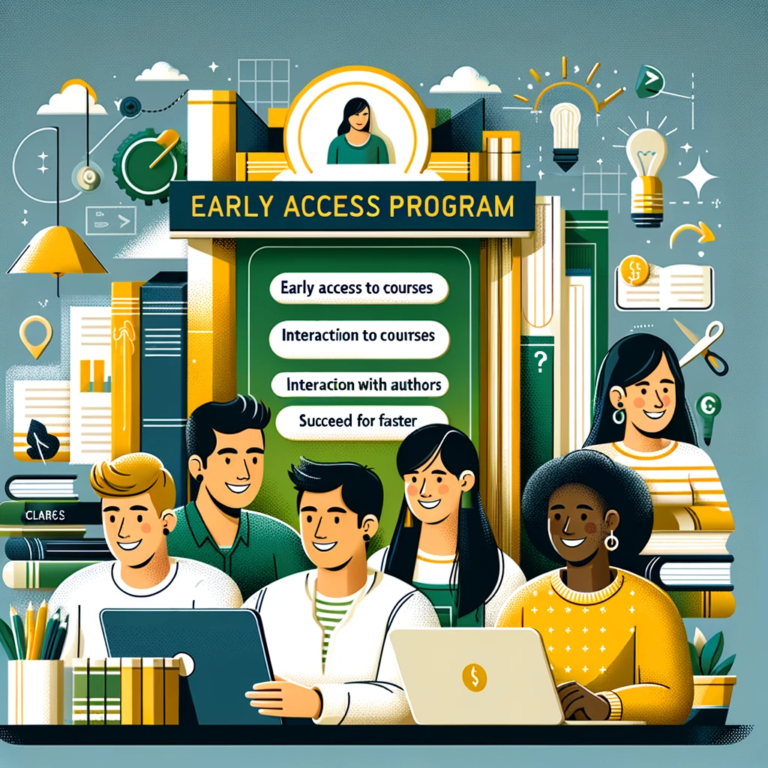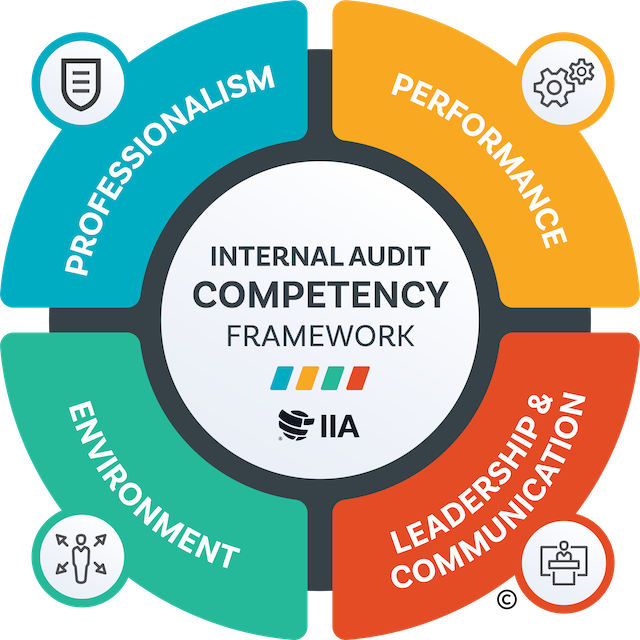Navigating Biases in NASBA Program Knowledge Levels: Insight for Internal Auditors
Part 2 in a series on the future of Continuing Professional Education for auditors.
In the ever-evolving landscape of internal auditing, the need for continuous professional development is paramount. The National Association of State Boards of Accountancy (NASBA), with its rich history and influential position, has long been a guiding force in shaping Continuing Professional Education (CPE) programs for auditors. However, a closer inspection of these programs reveals potential biases inherent in the NASBA program knowledge levels. It is crucial for internal auditors to consider these biases when selecting continuing professional education (CPE) options.
Audit Ri.sk is a reader-supported publication. To receive new posts and support my work, consider becoming a free or paid subscriber.
Experience Bias: Unveiling Assumptions in the Basic Level
The NASBA Basic Level assumes that all beginners are at a similar starting point. This assumption potentially neglects the varied experiences and prior knowledge of participants. By presuming a one-size-fits-all approach, the basic level runs the risk of oversimplification. It may also lead to the exclusion of those who bring diverse perspectives and experiences to the table, thus limiting the breadth and depth of discussions and learning outcomes.
Think about the difference in experience between college interns, recent college graduates, and experienced professionals. College Interns and Guest auditors frequently are part of the audit team. They both may be new to audit, but have vastly different practical work experience.
Linear Progression Bias: Challenging the Intermediate Assumption
The Intermediate Level, by assuming a linear progression from Basic to Advanced, neglects the diverse and nonlinear nature of professional development. Individuals often have unique skill sets or experiences that place them in an intermediate stage without necessarily conforming to a predefined progression. This bias, therefore, may undermine the richness of individual learning paths and professional growth. Professional growth and learning often has a ‘Choose your own adventure’ dynamic.
Specialization Bias: Interrogating the Advanced Landscape
The Advanced Level implicitly values specialization over a broad skill set. This bias could potentially overlook the importance of professionals with diverse expertise. The assumption that only seasoned professionals require advanced knowledge may inadvertently sideline those with advanced capabilities at an earlier career stage. Such a bias may limit opportunities for early-stage professionals to expand their skills and contribute more significantly to auditing processes.
As a self-proclaimed ‘generalist’, I have done a little bit of everything in the audit profession: SOX & HIPAA Compliance, Operational Audit, Business Process Review, IT Audit, Financial Audit, and Data driven auditing. I’m not as deep as others who specialize their entire careers in any one of this disciplines. I do go deeper in some of these areas than others, but I do my best to ‘integrate’ disciplines across my audits. I’m usually on my own to make these ‘connections’.
Assumed Background Bias: Scrutinizing Updates
Update topics may assume that all participants have a background in the subject area. This assumption potentially neglects those entering a new field or transitioning from related disciplines. This bias might exclude valuable perspectives from individuals bringing fresh insights to the evolving landscape of audit developments, thus reducing the dynamism and adaptability of the auditing profession.
Update courses should reference other Basic level courses as prequisite knowledge, so the auditor can be sure to form their baseline comprehension before taking the ‘Update’ course. Referencing an actual ‘Basic’ course does not always happen. Frequently, the auditor is on their own to locate a sufficient course to obtain the prequisite knowledge.
Homogeneity Bias: Questioning the Overview Structure
The Overview Level assumes that professionals at all organizational levels have similar learning needs. This assumption potentially overlooks the diverse experiences and knowledge levels across an organization. This bias may inadvertently lead to oversimplified content that fails to cater to the varying needs of beginners and experienced professionals alike. It may also dampen the richness of the learning experience by not considering the unique challenges and perspectives at different levels of the organization.
If your CPE diet is primarily or soley comprised of Overview level courses, then it’s unlikely that you’ll gain a deep understanding in these areas without suplemental training materials. This is a risk to your career as an auditor, as businesses and technology are only becoming more complex. Deeper understanding is needed.
Embracing Diversity in Learning Journeys
As internal auditors, understanding and navigating biases in the NASBA program knowledge levels are crucial for shaping our continuous professional development. By acknowledging biases related to experience, progression, specialization, background, and homogeneity, we can advocate for a more inclusive learning environment. I’ve done so here, by advocating that the IIA Competencies should replace NASBA as the primary training classification. Embracing diverse learning journeys not only enhances the richness of our profession but also ensures that CPE programs cater to the unique needs of each individual auditor. Let’s strive for an audit community that celebrates and leverages the diverse strengths and experiences of its members, creating a more resilient and adaptable profession for the challenges that lie ahead.
Promoting diversity in learning journeys allows us to tap into a wealth of varied experiences and insights, fostering innovation and adaptability within the profession. This approach also aids in creating a more inclusive and representative auditing community, one that is better equipped to handle the complexities and challenges of the modern business environment.
Audit Ri.sk is a reader-supported publication. To receive new posts and support my work, consider becoming a free or paid subscriber.







